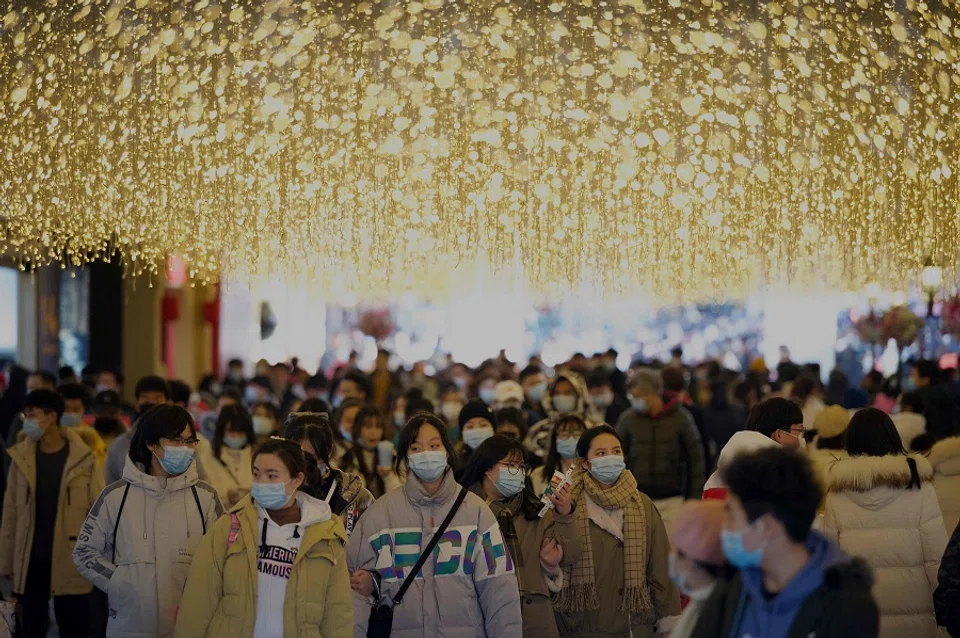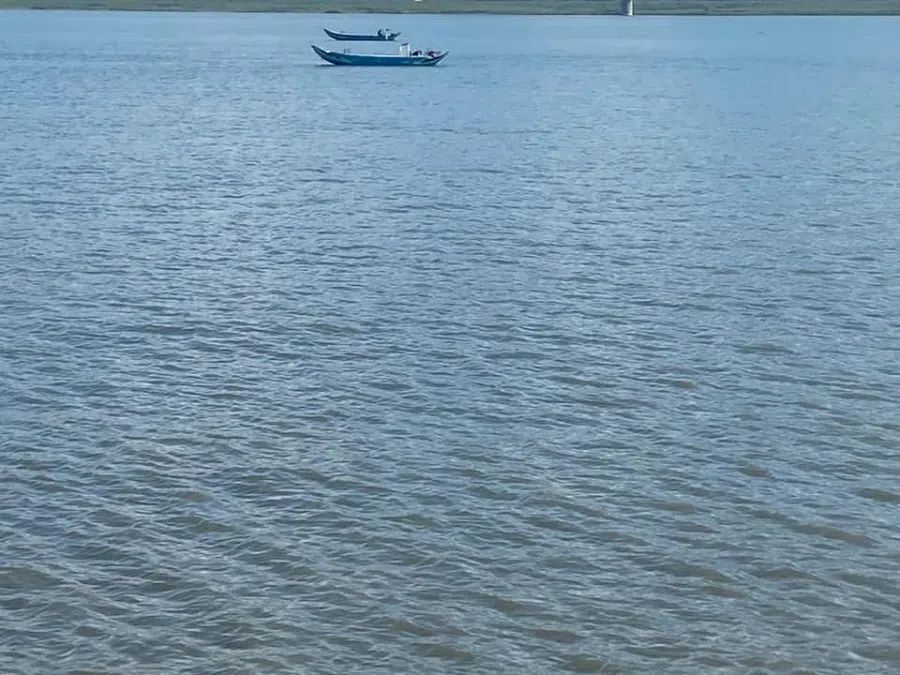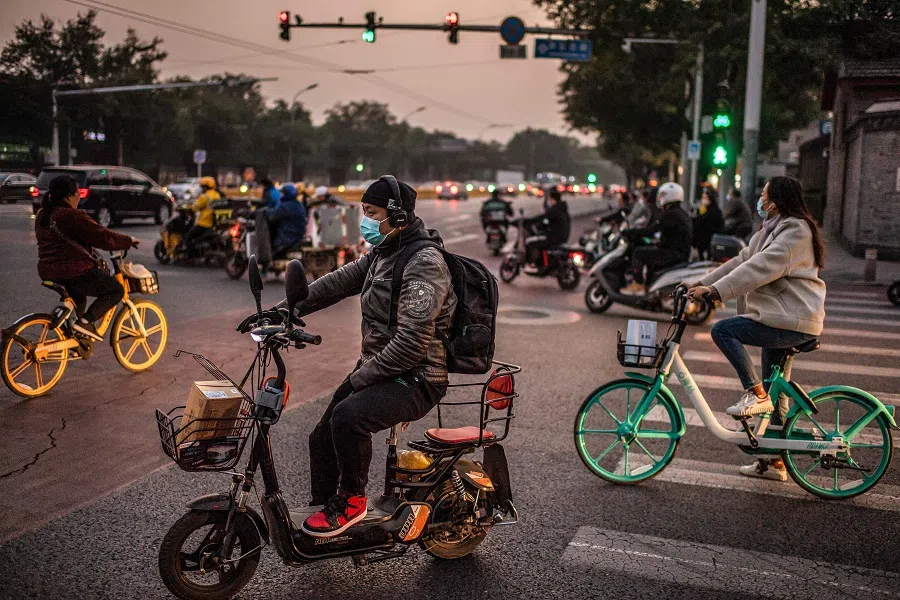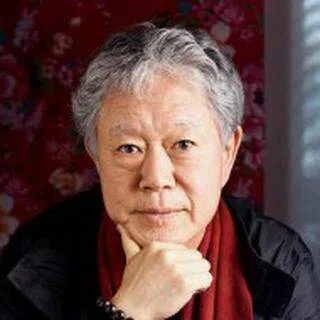'Perhaps we are from the same hometown?': A reflection on human relations throughout Chinese history
In this life, are we journeying together or just passing ships in the night? Chiang Hsun ponders the degrees of separation between people who share the same earth. What keeps us walking in parallel, never breaking down customary barriers?

In the river, two boats glide shoulder to shoulder; one's further in the distance while the other's nearer to shore. They could be journeying together, and yet they might just be strangers crossing paths.
I am reminded of these lines in A Song of Changgan (长干曲), a poem by Cui Hao, a Tang poet I much love: "Sir, where are you from? / I live in Hengtang. / Do stop your boat and allow me to ask / Perhaps we are from the same hometown?"
An encounter on the water between strangers - a man and a woman; a breaking into song across the boats; amid melodious singing and flirtatious laughter, the boats pass, vanishing without a trace.

The poem is originally a folk song - simple, plain, and without any wordplay. Where is Hengtang (横塘) you might ask? Well, there are different interpretations of this. But after the Three Kingdoms period, Hengtang started appearing in many poems.
Many illustrious Tang dynasty poets have written about Hengtang. Over the course of the Song, Yuan, Ming, and Qing dynasties, as well as the Republic of China era, the connotations of the word Hengtang has evolved. It is no longer just the name of a place, but a thing of beauty brimming with poetic imagery in Chinese literary history. It is a metaphor for the spiritual freedom dreamed up and constructed by poets, free of the shackles of any particular region. It is an embankment along the waters; it is a riverbank where boats meet and pass one another by.
An encounter on the water between strangers - a man and a woman; a breaking into song across the boats; amid melodious singing and flirtatious laughter, the boats pass, vanishing without a trace. Only lingering notes on the waters give poets something to reminisce about. This is clear coquetry - the lady from Hengtang was courageous and confident; not only did she ask the gentleman on the passing boat about his abode, but she revealed her own address - Hengtang.

In the journey of life, perhaps it is rare that one can "halt someone on his boat journey and ask them a question". If we meet a stranger on a beautiful day while we're on a motorcycle, a bicycle, or on the train, will we let our emotions take over, and think about stopping them to ask: "Where are you from?"
I like Tang poetry. It is devoid of the literati's coyness and beating about the bush. It has a semblance of the simplicity and generosity of the songs of the common people living among the fields and rivers. The poem ended on such a perfect note - "Perhaps we are from the same hometown?" It truly is the hallmark of the Tang dynasty's elegant poise and big-heartedness.
Even as we walk to the ends of the world, are we able to stay simple, big-hearted, fearless, courageous, and be bold enough to ask a stranger, "Perhaps we are from the same hometown?"





